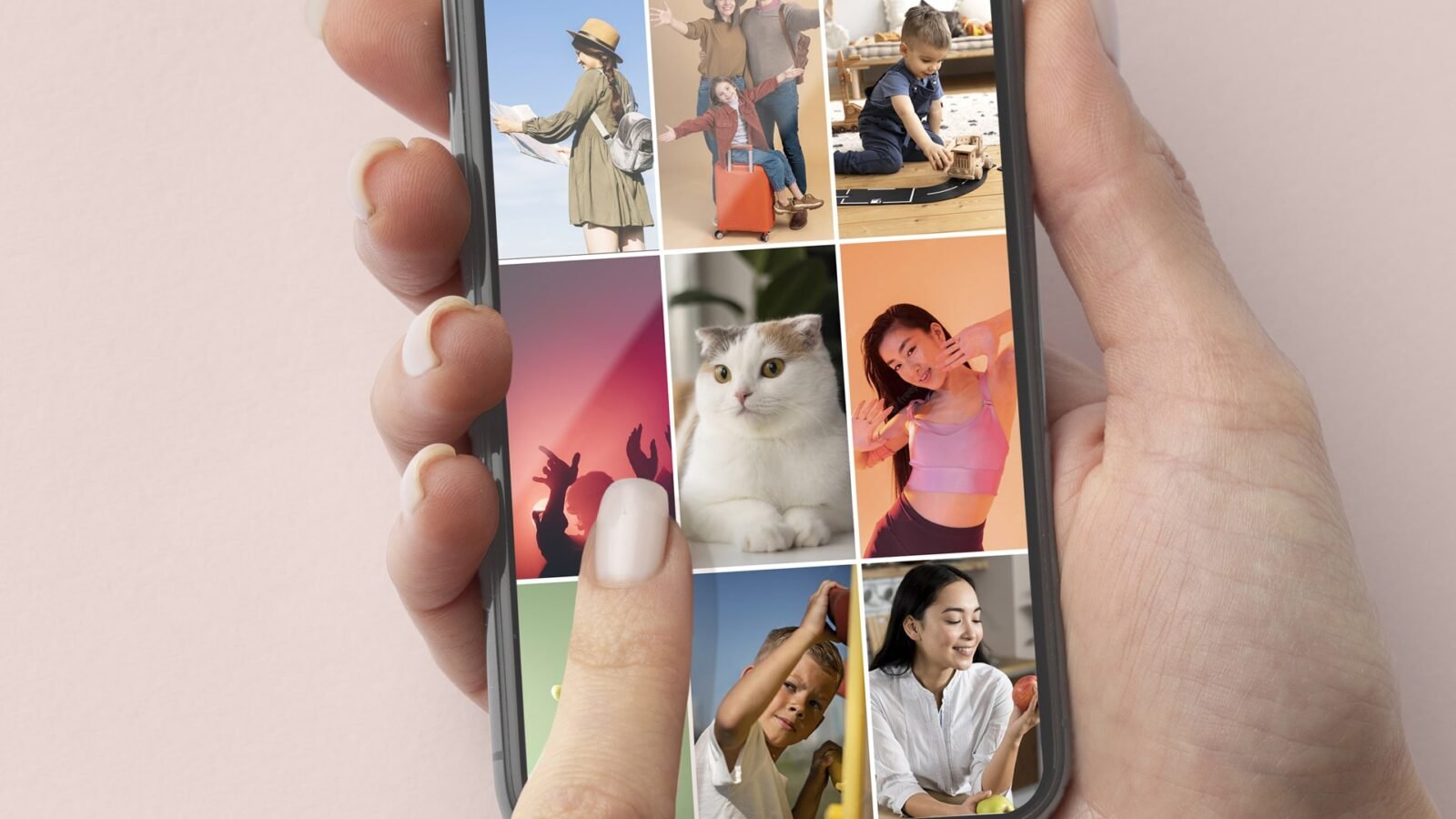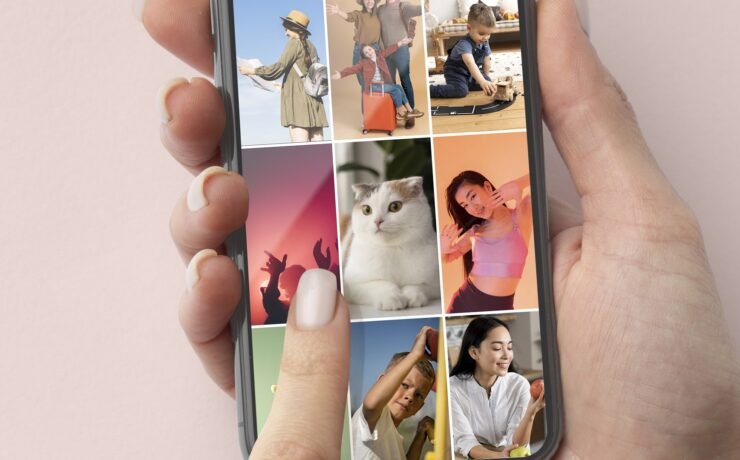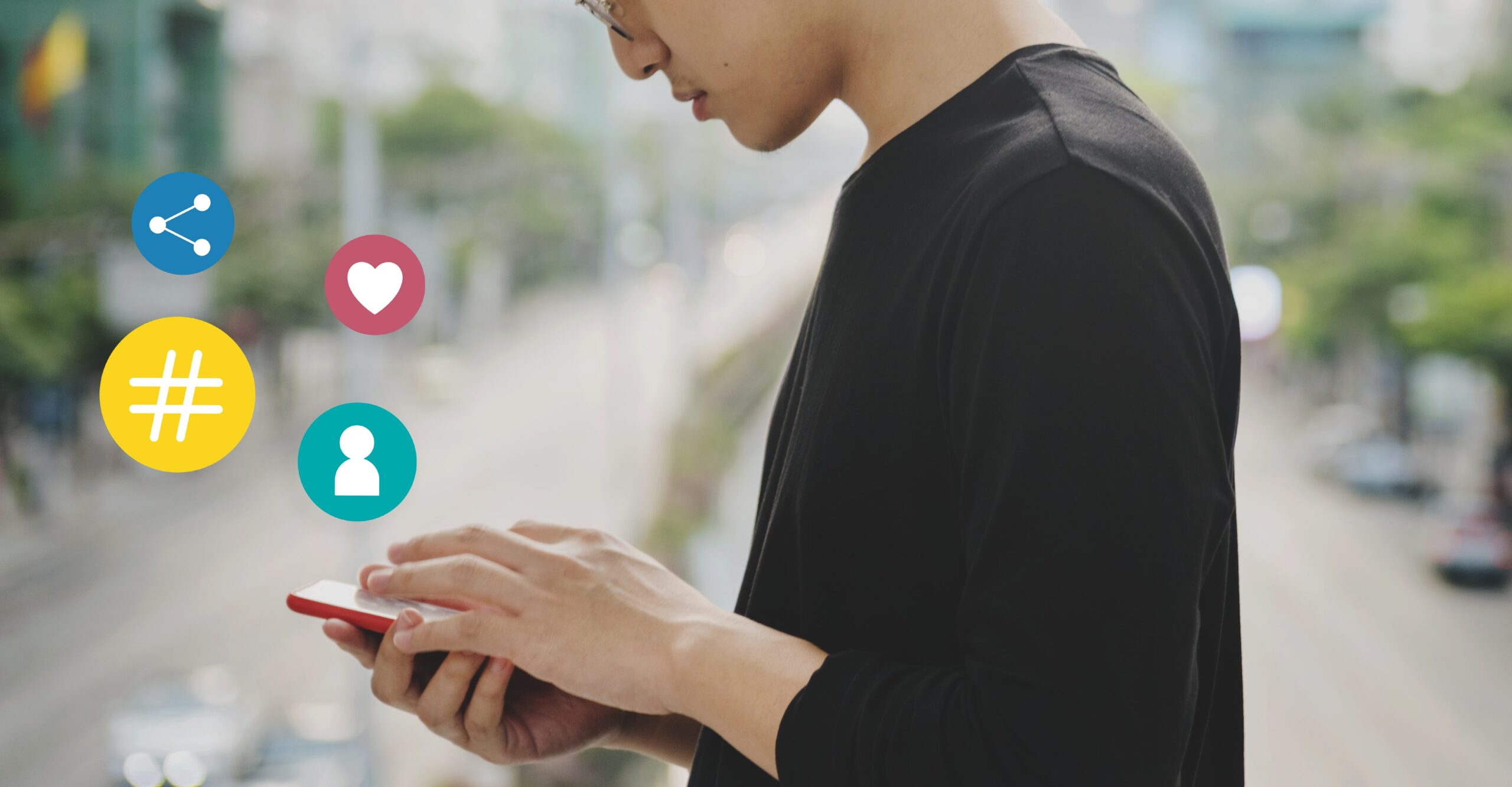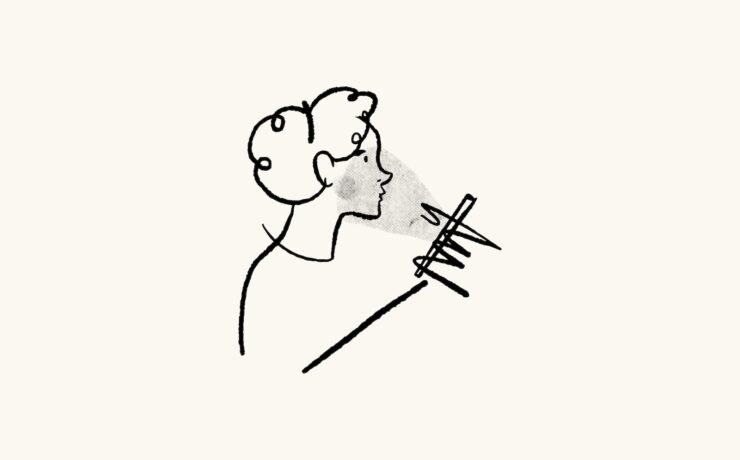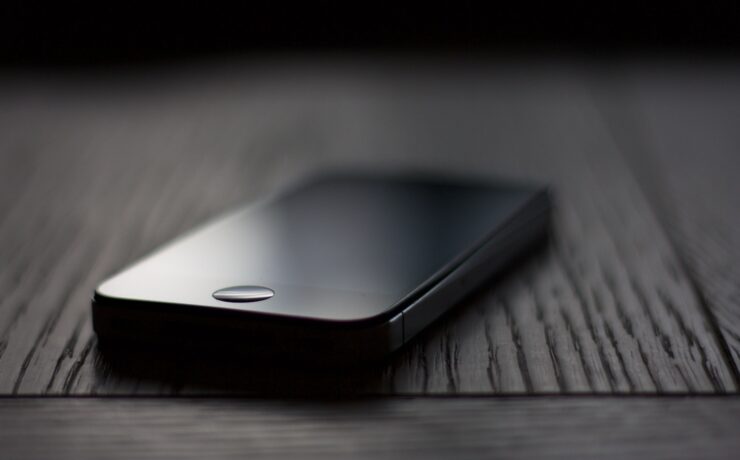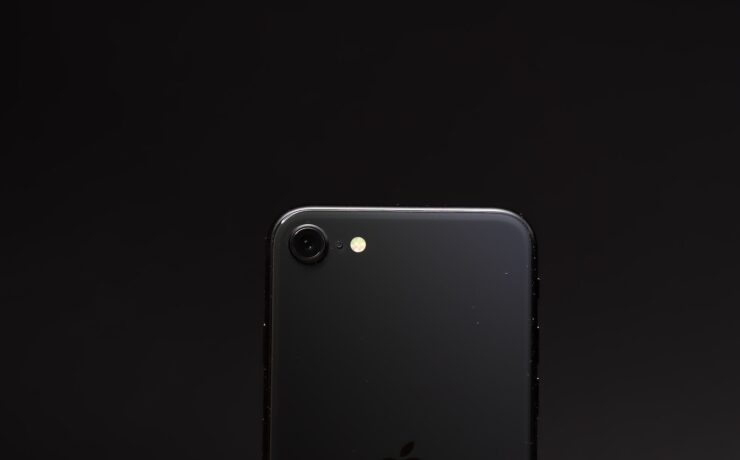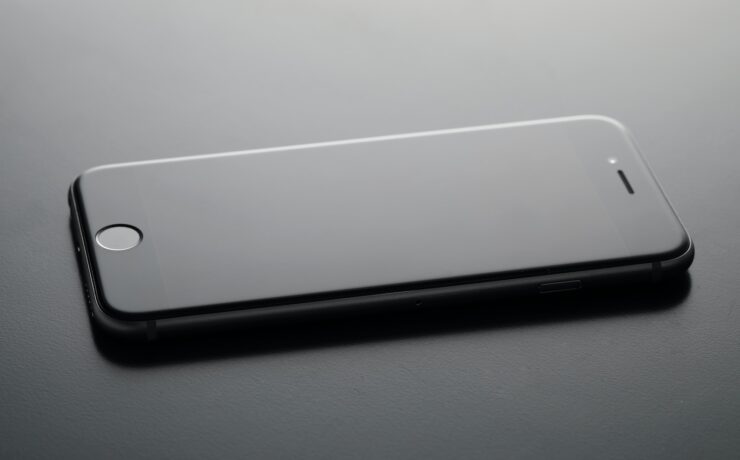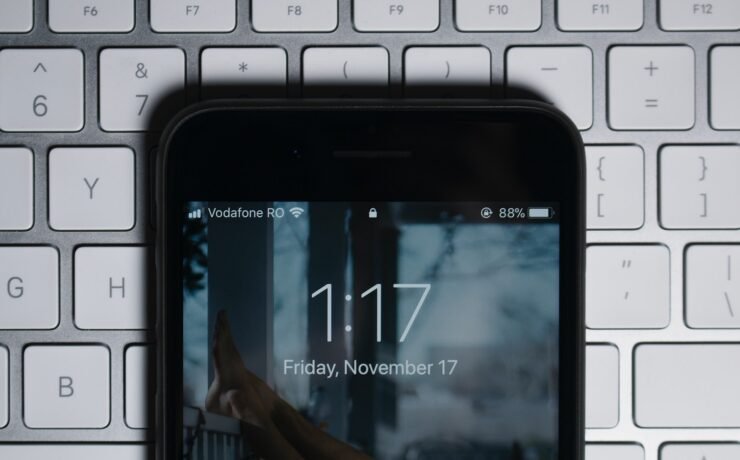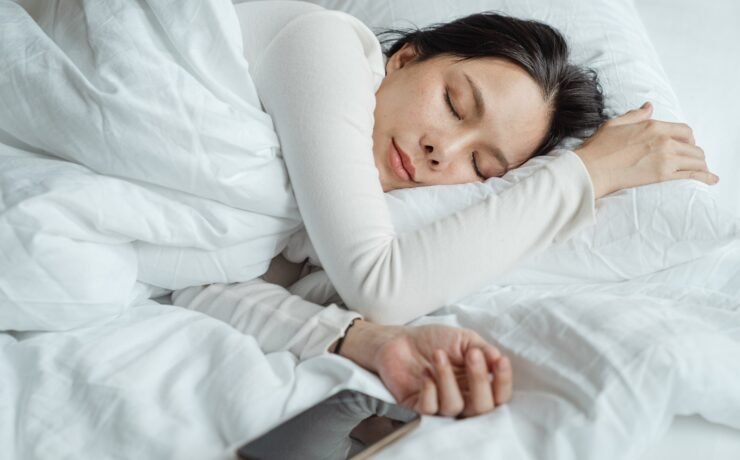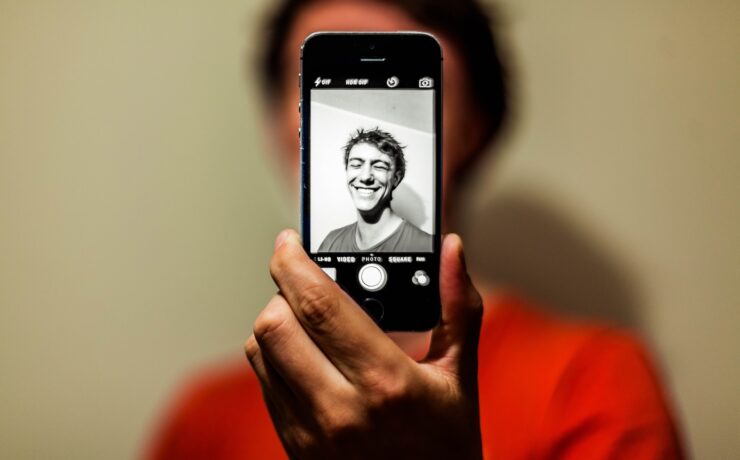Spending more and more time on social media is becoming a habit for many people of all ages. The algorithms and the design of the most popular apps in the world are increasingly refined, captivating, and compelling in constantly offering us new content based on our habits and what we seem to like best. Almost without realizing it, you end up scrolling like zombies, constantly waiting to receive new notifications, comments, or likes.
More and more research shows the psychological effects, both positive and negative, associated with using social networks: they should not be underestimated.
So find out what happens to your brain when you scroll and what happens when you leave the phone aside: visit the Gallery!
Souce: AsapSCIENCE – American Psychological Association – Pew Research Center
What happens when you scroll?
Spending more and more time on social media is becoming a habit for many people of all ages. The algorithms and the design of the most popular apps in the world are increasingly refined, captivating, and compelling in constantly offering us new content based on our habits and what we seem to like best. Almost without realizing it, you end up scrolling like zombies, constantly waiting to receive new notifications, comments, or likes.
More and more research shows the psychological effects, both positive and negative, associated with using social networks: they should not be underestimated.
So find out what happens to your brain when you scroll and what happens when you leave the phone aside: click on the arrows in the photo to continue reading.
Source: © FreepikHow do you use it?
The effects of using social media can be positive or negative, it depends on how you use it and how much you use it. First of all, it should be emphasized that the interactions between people on digital platforms differ from those in physical reality. Social and digital interactions are faster and more straightforward, constantly acting on our brains.
Source: © Freepik / rawpixel.comConstant notifications
The notification system, together with the like, comment, and sharing mechanisms, acts as a reinforcing element as receiving notifications produces a feeling of gratification and pleasure supported by the release of dopamine by the brain. The ease with which we exchange likes and comments only strengthens our addiction to happiness, gradually making us more dependent on the system. Yes, just like with alcohol or drugs.
Source: © unsplash / visualsThe negative effects
Several studies link the use of social media to an increased risk of depression, loss of self-esteem, and increased anxiety. This happens because we compare our life and image to someone who posts modified photos, altered in some way, to appear more professional. On a physical level, however, the risks of prolonged smartphone use include a decrease in hand strength (decrease in grip strength) due to excessive stimulation of the median nerve and an increase in the likelihood of developing carpal tunnel syndrome.
Source: © unsplash / Zohre NematiThe positive effects
Among the positive effects of using smartphones, especially among adolescents, there are healthy feelings of belonging to a group of friends, sharing one's ideas and experiences, and a renewed confidence in the future. Smartphones and social media will be with us for a long time. This is why it is essential to learn how to use them correctly. If you decide to "detox," you will see that it is not difficult; many things will happen physically and psychologically. Discover them; keep reading; it's worth it!
Source: © Freepik / ArtPhoto_studioOFF
Several things happen when you put your smartphone aside without touching it and disabling notifications. The first effects are annoying; anxieties and thoughts characterize the first hours. However, by resisting and using the smartphone only for the strictly necessary, on the contrary, many aspects of private life begin to improve.
Source: © unsplash / Nicolas ThomasWhat happens after 1 hour
After 1 hour, if you have not used your smartphone, you will likely have tried to pick it up and look at it at least three times. In fact, on average, we pick it up 52 times a day.
Source: © unsplash / David ZieglgänsbergerWhat happens after 12 hours
Breaking the habit of checking your smartphone often, and receiving gratifying stimuli from it, translates into a sense of stress in not being able to do it. The brain then releases the stress hormone (cortisol).
Source: © unsplash / Lorenzo RuiWhat happens after 1 day
This is the threshold to be exceeded to eliminate a large part of the adverse effects of abstinence from notification. After one day, anxiety increases, as does blood pressure, and many people experience FOMO (Fear of Missing Out) or the fear of being cut off from social relationships.
Source: © unsplash / Fabian AlbertWhat happens after 3 days
After three days, you can experience phantom sensations and feel the phone vibrate in your pocket without this happening, for example. But, on the other hand, the gratifications of real life, family, couple, or work relationships will probably increase.
Source: © Pexels / Andrea PiacquadioWhat happens after 5 days
The ability to concentrate increases, they refine, and the results at school (or at work) prove it: you are more productive by about 20%. The brain performs better, and gets tired less, when it doesn't have to do two things simultaneously. Not checking your social accounts often allows us to work better.
Source: © Pexels / BurstWhat happens after 1 week
All cognitive functions, whether sensory, reasoning, or emotional, improve. Furthermore, there is a general improvement in sleep quality, partly due to the lack of absorption of blue light from the displays.
Source: © Pexels / Ketut Subiyanto


